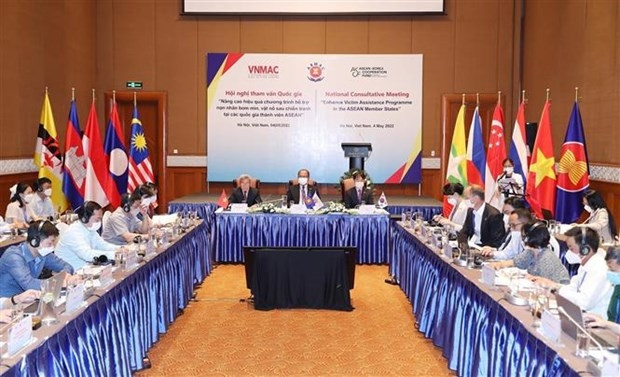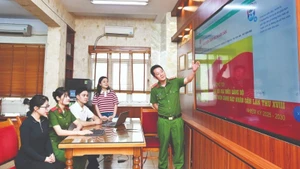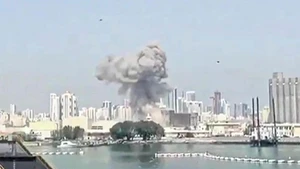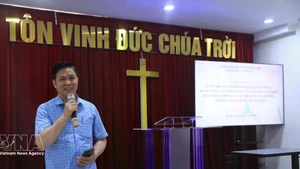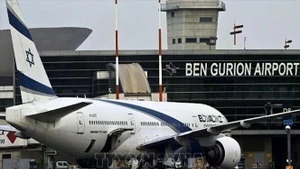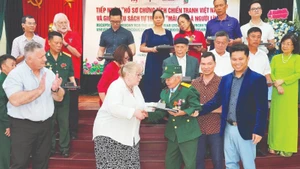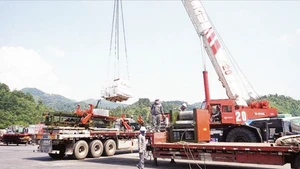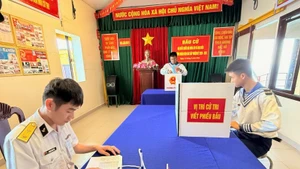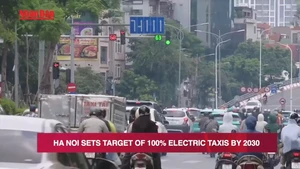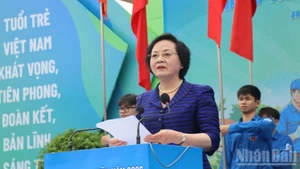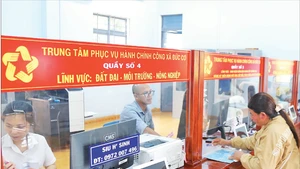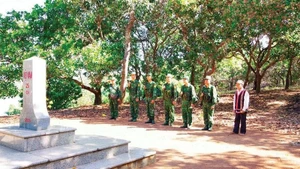Vietnam is heavily affected by bombs, mines and unexploded ordnances (UXO) left over from the war which threaten people’s lives and harm the country's socio-economic development.
According to Colonel Nguyen Hanh Phuc, Deputy General Director of VNMAC, in order to provide comprehensive assistance to the victims, it is necessary to apply legal tools, policy standards and consider broader aspects related to humanitarian activities, development and human rights.
The support should not only consist of providing healthcare and rehabilitation assistance, but also helping them to become active and confident to participate in business, employment and social opportunities, he suggested.
Phuc stressed the need for cooperation and comprehensive, long-term commitments of all countries, including ASEAN members.
The project to enhance the efficiency of the programme to assist victims is among the solutions initiated by ARMAC in coordination from regional countries and funding from the Republic of Korea (RoK)’s Government and the ASEAN-RoK Cooperation Fund. The conference was one of the project’s first activities aimed at forming a system of regional-level facilities to provide support to victims.
Participants focused on seeking the most effective methods of support for the victims, national viewpoints on the work and the global stance on the assistance.
Executive Director of ARMAC Prum Suonpraseth said that the development and implementation of projects to support the victims in ASEAN member countries is crucial, helping create more conditions for them to overcome countless barriers in the process of accessing necessary services such as education and employment. He added that the project is one of four ongoing projects in the mine action programme conducted by the centre to address humanitarian issues.
Tran Huu Thanh, head of the division for external relations at VNMAC, said that it is necessary to design a coherent legal system in the support of the victims with specific decentralisation and delegation of power.
He underlined the important role of the labour, invalids and social affairs sector in conducting five aspects of victim support - information management; healthcare; rehabilitation; psychological and legal support; and vocational training.
